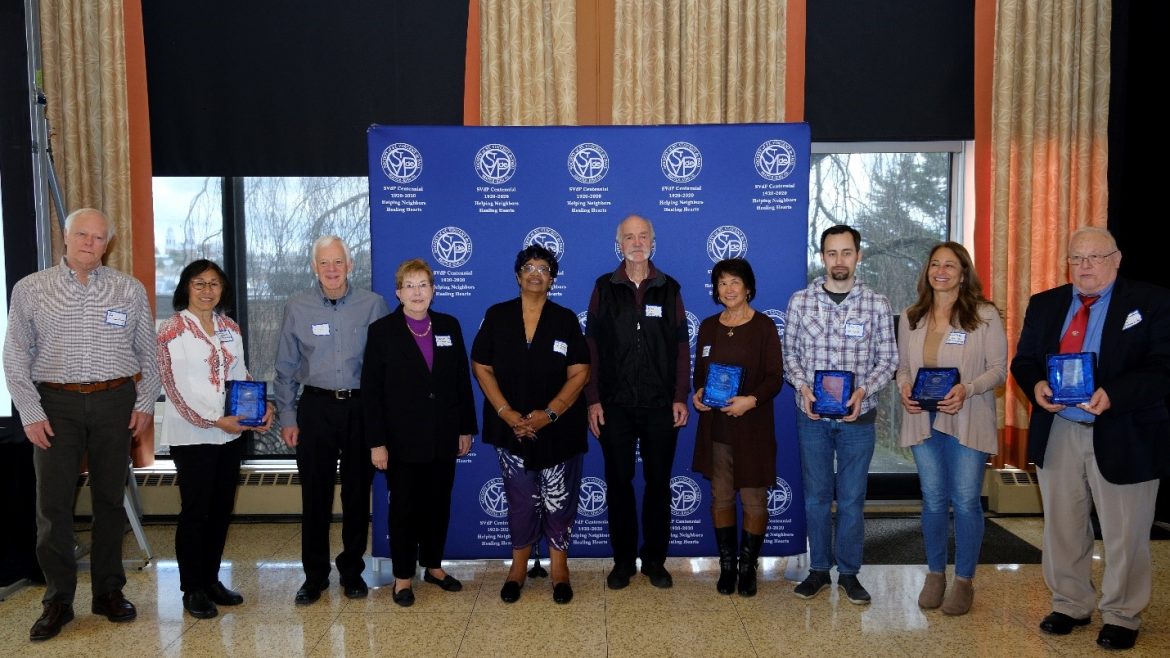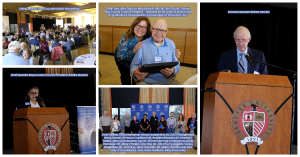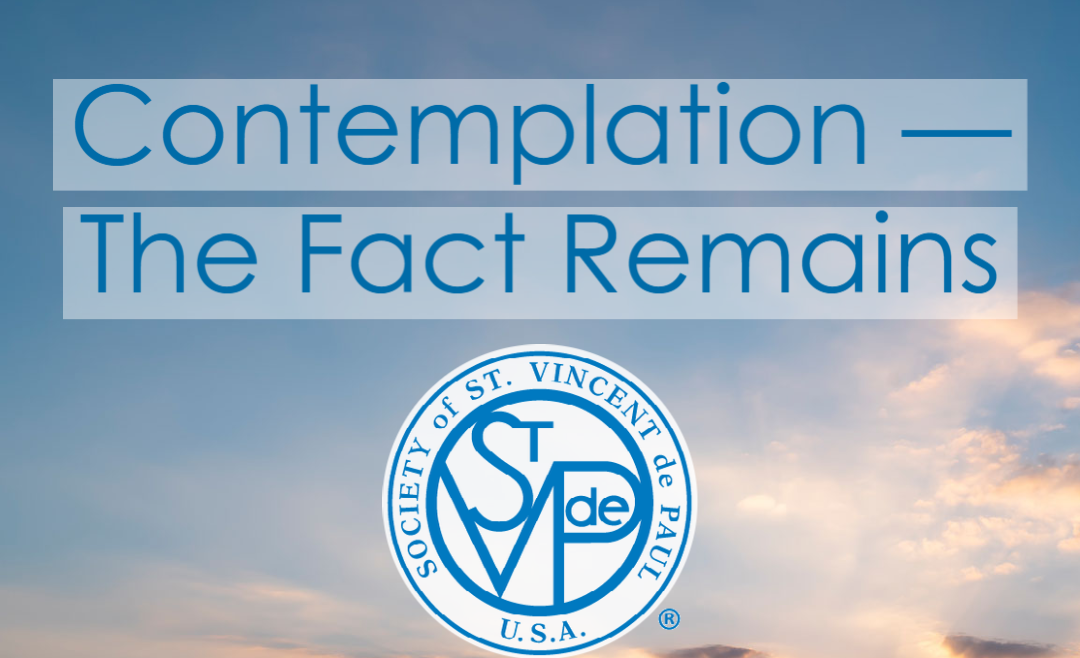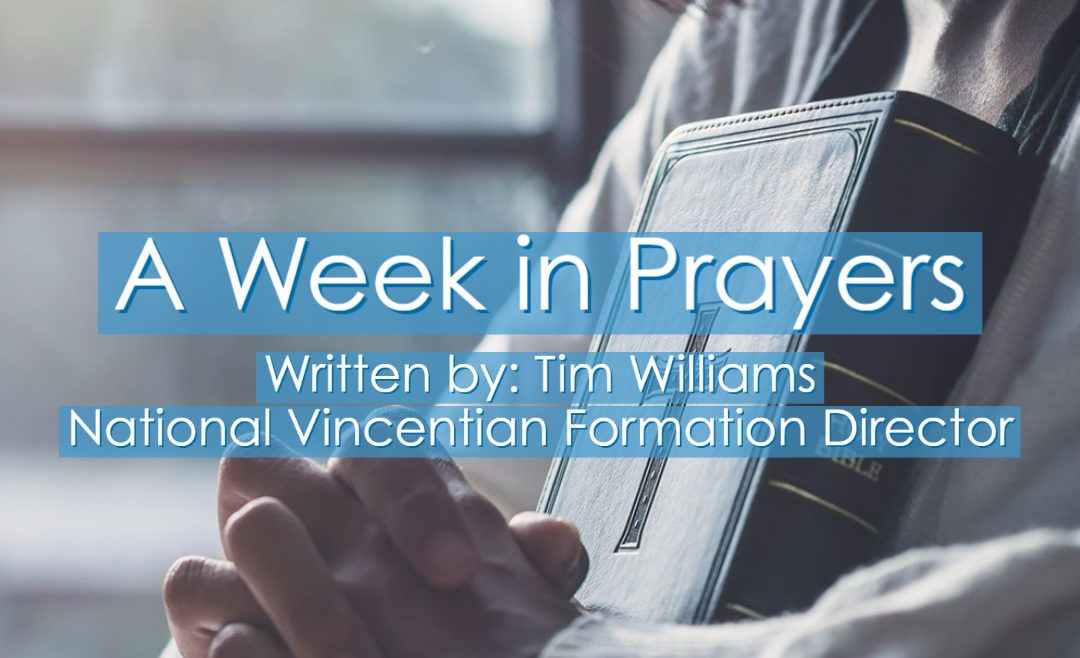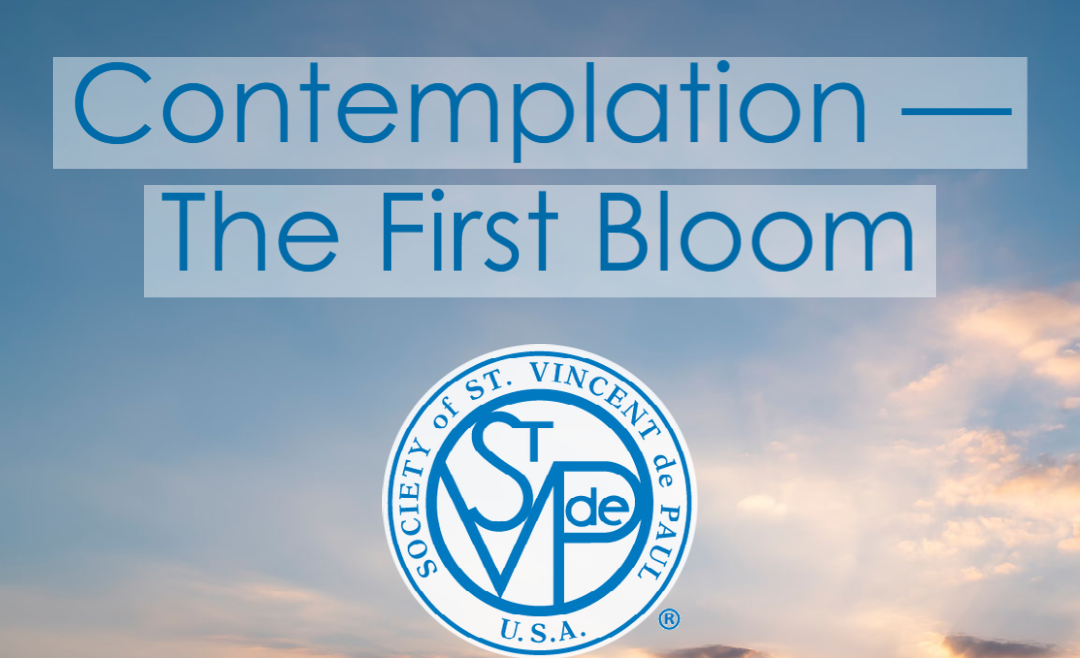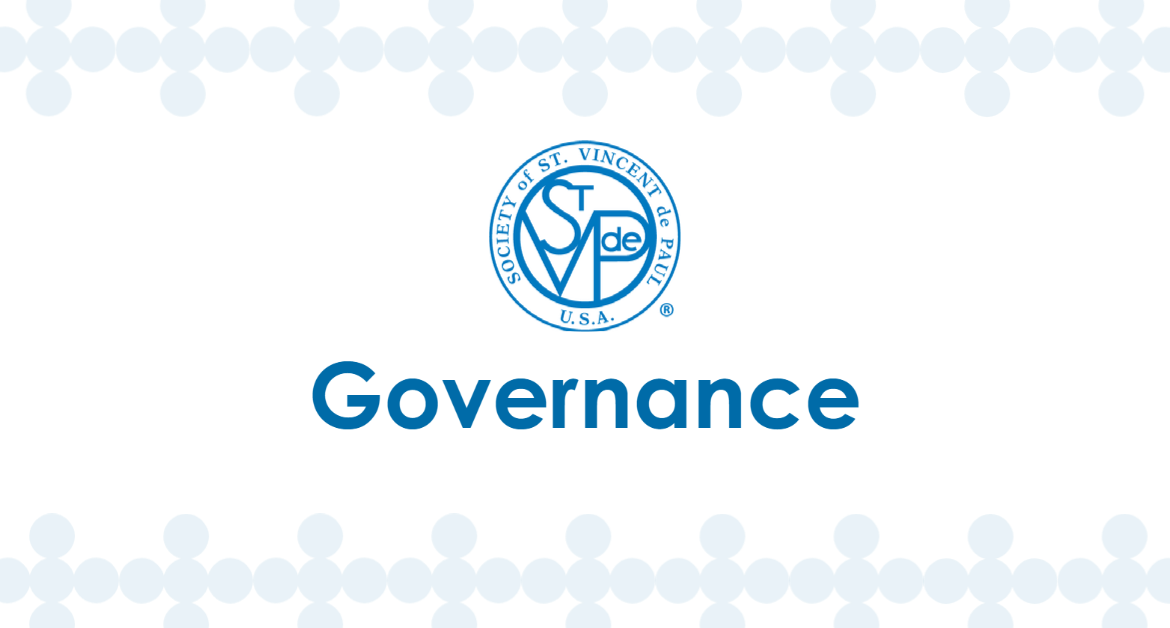Back in 1985, the song “We are the World” was created using the vocal talents of more than 40 American music artists including Bob Dylan, Bruce Springsteen, Ray Charles, Billy Joel, Diana Ross, Stevie Wonder, Willie Nelson, Michael Jackson, and Paul Simon. In other words, artists who were unlikely to team up otherwise but who came together, mostly by invitation, to sing to end hunger in Africa.
One notable tale from the evening recording session was that everyone saw a sign at the entrance, asking to “Please leave your ego at the door.” Otherwise, as producer Quincy Jones noted, the evening might have been a disaster with performers arguing over who would sing each line and even where they each should stand.
Egos do not disappear in the name of charity.
The story told not quite so much about the historic recording is that more than 50 pretty famous artists were turned down or purposely not invited, including Madonna, Joan Baez, and John Denver. Others such as Barbra Streisand and Prince declined to participate. They doubtless had egos, too, and thus had to deal with rejection and their own sense of importance and relevance.
When serving as Vincentians, we ask people to “come to the table” either to serve or to receive whatever blessings we may offer. We focus on those who arrive to give them the best interaction possible, whether it be service at a food pantry or a volunteer experience. But what about those, probably much greater in number, who are not asked or whom we turn away?
Imagine being in the tyranny of the moment, trying to make it from one week to the next with food or shelter, and no one even returns your phone call asking for help? Imagine being the reluctant volunteer who finally says Yes to God and the Society after an Invitation to Serve plea, only not to be greeted warmly at the introductory Society meeting or asked otherwise to contribute in some meaningful way.
Our responding to those who make it to our door in a Christ-like, friendly manner is maybe only half, even less than half, of our task. If one of the great services we offer to the world, one family at a time, is hope, what about those for whom we ignore or under-serve? Are we saying to them that once again, their hopes are dashed? Regardless of our intentions, do they hear that they aren’t welcome, or even worthy, to receive God’s blessings from us? The poor have egos, too.
We accept that the poor will always be with us, and that we can’t provide for every need and for every person. What can we as Society of St. Vincent de Paul members do about this?
First, we can be fair. It is unfair enough that some people receive services and others don’t, simply based on where they live and our Society’s geographic coverage. When people do get to us, we owe it to everyone to have rules about who receives what and how much. Help should not depend on the generosity of an individual Home Visit team, but rather on the agreed-upon standards of the Conference. This is part of our culture of not judging; we share in a fair manner based on our resources and ability to give.
Second, we can focus more on the aspect of respect. We can spend more effort on those whom we can’t help, or perhaps can’t help right now. We can return every call, even if we can’t offer much more than a friendly, listening conversation. Dollars aren’t our greatest gift; it’s love for our fellow neighbors, which is able to be given more freely. This is a perfect venue, by the way, for the members of your Conference who can’t provide a traditional Home Visit. They can still serve via the telephone from home to provide the dignity of a response.
Third, we can reach back. Maybe we don’t have a Vincentian volunteer experience today, but we sure need more help next week or next month. Maybe we don’t have any more funds to help with rent right now, but imagine how welcome a call later this month would be to someone not in the front of the line earlier. We know that in almost every case, the needs are still there. While a waiting list seems impersonal and defeating, an internal list that we act upon is a great planning and fairness tool. It can also help to solicit twinning help from other Conferences, outside donors and government resources.
An act of charity without love is just another transaction. Vincentians offer so much more through our smiles, our prayers and our respect for our neighbors.
Yours in Christ,
Dave Barringer
CEO


